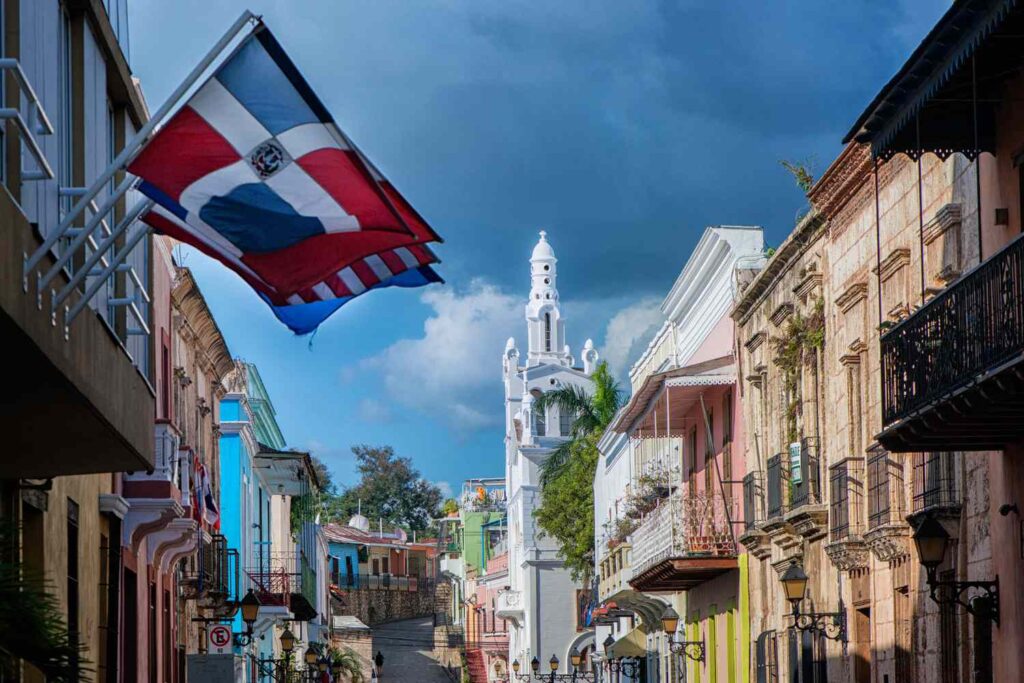On 26 March 2024, the Dominican Republic enacted Resolution 136-2024, inaugurating a revised regulatory framework for online casinos and sports betting.
This initiative, led by the country’s Ministry of Finance, marks a significant development within the Dominican Republic’s gambling sector, placing oversight responsibilities in the hands of the Dirección de Casinos y Juegos de Azar (Directorate of Casinos and Gaming).
Historically, the Dominican Republic’s online gambling landscape was regulated as early as 2006, leading to the issuance of its first license in 2011 to Amaya, later known as The Stars Group after a 2017 rebranding.
Despite this early establishment, the presence of only two laws, Ley 139-11 and Ley 494-06, meant that regulatory practices remained more theoretical than practical, with Amaya being the sole license holder for a significant duration.
Questions linger about the current status of Amaya’s license, especially after its acquisition by Flutter Entertainment in 2019.
Resolution 136-2024 is expected to significantly overhaul the Dominican Republic’s approach to online gambling, introducing a framework that promises to enhance market competitiveness and potentially increase state revenues through new market entrants.
Under the jurisdiction of the Dirección de Casinos y Juegos de Azar, managed by the Ministerio de Hacienda (Ministry of Finance), the new law stipulates a comprehensive process for issuing licenses to online casinos and lotteries.
Drafted through several iterations from June 2019 to March 2024, the resolution encompasses 36 pages, seven chapters, and 36 articles, with Jose Manuel Vicente, the Minister of Finance, as its signatory.
Each license, under the new regime, is valid for five years, with a non-transferability clause for the initial three years.
The licensing fee is set at $346,000 for both online casino and sports betting ventures.
While the resolution does not specify taxation rates, it is anticipated that the online segment will adhere to the 29% gross gaming revenue rate established by Ley 139-11 for land-based casinos.
Moreover, to secure a license, operators must demonstrate commitment to responsible gambling.
This includes implementing a mandatory self-exclusion mechanism and adopting various measures to promote responsible gaming, such as displaying elapsed time, setting betting and session duration limits, and maintaining a visible responsible gaming notice on their platforms.
